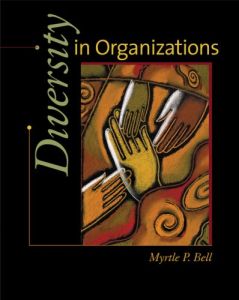Зарегистрируйтесь на getAbstract, чтобы получить доступ к этому краткому изложению.

Зарегистрируйтесь на getAbstract, чтобы получить доступ к этому краткому изложению.
Myrtle P. Bell
Diversity in Organizations
Thomson South-Western, 2006
Что внутри?
Maintaining a diverse workforce is not only ethical, it also improves your competitiveness and profitability.
Recommendation
Most Americans agree that discrimination is wrong. The U.S. population is an amazingly varied patchwork of people from every conceivable background and orientation. Nevertheless, widespread discrimination prevents members of racial minorities, as well as people of other classifications, such as women, disabled people, and lesbian, gay, bisexual and transgender (LGBT) people, from realizing their full potentials at work. The recognition and celebration of diversity is essential to a smoothly functioning U.S. society. In this textbook, diversity expert Myrtle P. Bell explains that diversity is a strength, not a weakness. Employers who actively seek to create diverse workplaces benefit from doing so. getAbstract recommends this book to human resource managers and others who wish to promote workplace diversity and end discrimination.
Summary
About the Author
Myrtle P. Bell teaches at the University of Texas at Arlington. An authority on diversity issues, Bell’s research has appeared in numerous academic publications. She is the chair-elect of the Gender and Diversity in Organizations Division of the Academy of Management.






















Comment on this summary